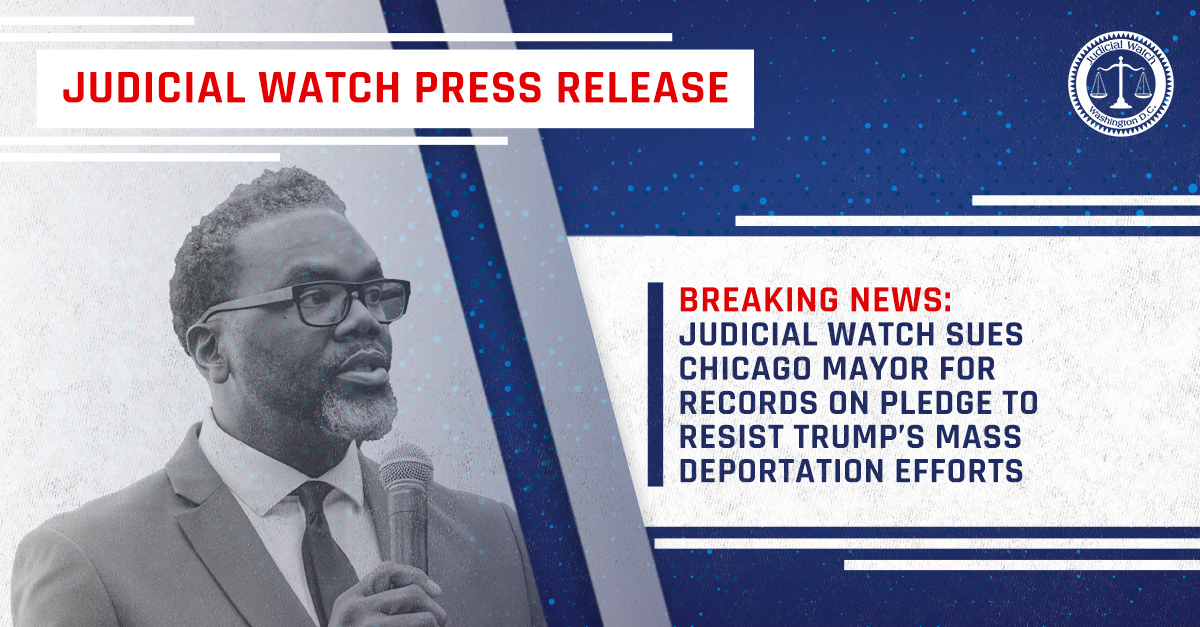

U.S. Pays Record $20 Billion to Welcome Illegal Aliens with “Refugee and Entrant Assistance”


Among the many burdens that skyrocketing illegal immigration forces upon American taxpayers is the exorbitant cost of rolling out the welcome mat to accommodate, transport and provide migrants with a multitude of services upon their arrival in the United States. In the past two fiscal years the Biden administration has spent an astonishing $20 billion, according to government figures included in a report published by a nonprofit that investigates federal spending. A Health and Human Services (HHS) division known as Office of Refugee Resettlement (ORR) does most of the spending, which is considered “refugee and entrant assistance.” In 2022 the agency dedicated $8.925 billion to the cause and in 2023 the cost soared to $10.928 billion.
Services provided to illegal immigrants include transitional and medical care, refugee support, programs for survivors of torture, emergency supplemental assistance and millions of dollars for minors, which are classified as Unaccompanied Alien Children (UAC). Underaged migrants also receive costly extended services such as housing, schooling, recreational activities, legal help, and even long-term foster care for those who cannot be placed with family. The Biden administration’s disastrous open border policies will only increase the cost of providing all these rewards to illegal aliens. In 2023 the U.S. Border Patrol encountered a record-breaking 2.5 million migrants, and early figures indicate this year will be worse. “There seems to be no end in sight, or meaningful plan from the Biden administration to stop or slow the number of people coming over the border,” says the founder of the Hinsdale, Illinois group, OpenTheBooks, that issued the report. “Meanwhile, federal funds flowing to migrants are growing at an exponential rate.”
The nonprofit points out that its auditors looked at just one federal office—ORR—to get an idea of how much spending is going towards accommodating, transporting, and providing migrants with various other services. The report focuses primarily on just a few major grant programs, which means that “the universe of taxpayer spending is so much larger, especially when including state and local funds as well,” OpenTheBooks logically concludes. One of the programs examined covers a wide variety of services such as helping migrants save for asset purchases like a car or house and credit building through business and personal loans. Recipients include asylees, refugees, survivors of torture, trafficking victims, special immigrant visa holders, Cubans, and Haitians.
Another taxpayer-funded program for migrants offers intensive case management to help “extremely vulnerable individuals” overcome barriers. Under the plan they receive emergency housing support, medical screening, work authorization applications, school enrollment, cultural orientation, legal assistance, mental health services and other costly benefits. Incredibly, the federal agency wants more money from Congress to expand services to a broader range of applicants despite record spending. This includes the same Medicaid and foster care services that American children get for illegal immigrant minors, legal assistance to Ukrainian and Afghan children to ensure permanent residency, cash assistance to full-time college or technical school students for refugees and removing the requirement that refugees obtain economic self-sufficiency as quickly as possible.
Adding to the problem, investigators found a potential conflict of interest between the leadership at ORR and the agency’s largest grant recipients. The report discloses that for decades ORR’s deputy assistant secretary for humanitarian services, Robin Dunn Marcos, was employed in executive positions by two nonprofits that received the largest grants for refugee and entrant assistance. Before joining ORR in 2022 Marcos spent more than two decades at the International Rescue Committee (IRC) where she eventually became Senior Director for Resettlement, Asylum, and Integration. She also spent four years at Church World Services. Both groups have been among the biggest recipients of refugee and entrant assistance grants over the years, the report reveals.















